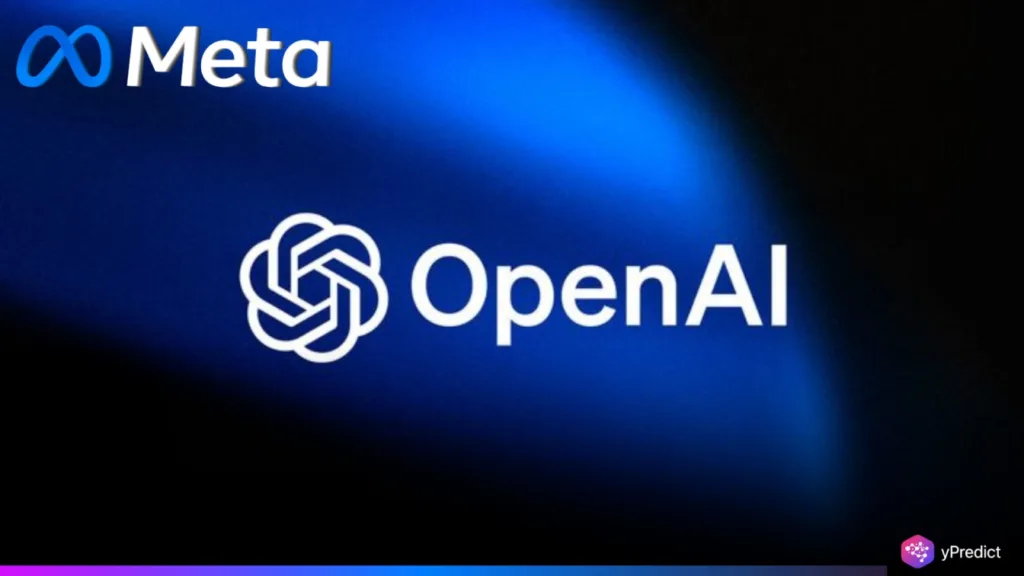
Meta’s latest recruitment of three senior OpenAI scientists marks a pivotal moment in the global race for artificial general intelligence (AGI). As competition for top-tier AI talent intensifies, Meta’s hiring of three OpenAI scientists signals not just a strategic expansion of its superintelligence research division but also raises critical concerns about the growing concentration of AI expertise within a handful of powerful tech companies. This aggressive talent acquisition reflects broader industry trends where corporate giants increasingly dominate the future of AI innovation, ethics, and governance globally.
An AI Brain Drain with Global Implications
Meta Platforms has made headlines with its latest move in the AI talent war, successfully hiring three senior researchers from OpenAI to strengthen its superintelligence ambitions. Lucas Beyer, Alexander Kolesnikov, and Xiaohua Zhai, the team behind OpenAI’s Zurich office, have now joined Meta’s superintelligence group. The trio, who previously worked together at Google’s DeepMind, brings deep expertise in artificial intelligence research to their new roles.
This high-profile recruitment underscores Meta’s push to lead in artificial general intelligence (AGI), aiming to build systems that rival or surpass human cognitive abilities across domains. The move comes as Meta works to recover from model delays and key staff departures, despite its early strength in open-source AI.
According to The Wall Street Journal, Meta has been offering massive compensation packages, with some bonuses reportedly exceeding $100 million, to attract top AI talent. These efforts have fueled an increasingly intense rivalry with OpenAI. Just days before the hires were reported, OpenAI CEO Sam Altman accused Meta of aggressively targeting his team and revealed that many at OpenAI had been approached.
Speaking on a podcast hosted by his brother, Altman expressed relief that none of OpenAI’s top contributors had accepted the offers so far. While OpenAI confirmed the departures, it declined to provide further comment. Meta has yet to release an official statement.
Inside Meta’s Aggressive Talent Hunt: Tactics, Setbacks, and Rivalry
Mark Zuckerberg has taken a direct and personal approach to Meta’s AI talent recruitment, especially in the wake of the disappointing reception of the Llama 4 model. Determined to address the company’s AI challenges, he has actively engaged with leading researchers, sending personal messages, hosting private dinners at his homes in Palo Alto and Lake Tahoe, and coordinating outreach through informal group chats reportedly dubbed “Recruiting Party.”
This bold strategy has delivered mixed results. Meta scored a major win by investing $14.3 billion in Scale AI for a 49% stake, appointing its 28-year-old CEO Alexandr Wang to lead its superintelligence efforts. The company also hired three senior OpenAI researchers. However, attempts to recruit OpenAI co-founders Ilya Sutskever and John Schulman fell short, as both declined despite Meta’s generous offers.
However, Altman has been vocal in criticising Meta’s aggressive tactics, calling them excessive and unnecessary. He expressed confidence that OpenAI’s top talent remains loyal, noting that, so far, his key team members have declined to accept Meta’s lucrative proposals.
Meta’s AI Vision: From Setbacks to a Multi-Billion Dollar AGI Bet
Meta’s aggressive hiring and investments underscore its drive to build artificial general intelligence (AGI), seen as the next frontier of AI. Unlike today’s task-specific systems, AGI aims to create technology that can reason, learn, and make decisions across domains, with the potential to transform industries and human-technology interaction.
To support this vision, Meta has pledged up to $65 billion this year to strengthen its AI infrastructure, research, and talent, aiming to deeply embed AI across its platforms, from digital companions to automated advertising tools.
Once a leader in open-source AI, Meta has fallen behind as rivals like OpenAI, Google, Anthropic, and DeepSeek advance. Now, with its superintelligence team and high-profile hires, Meta is racing to reclaim its position in a global battle for AGI and technological dominance.






